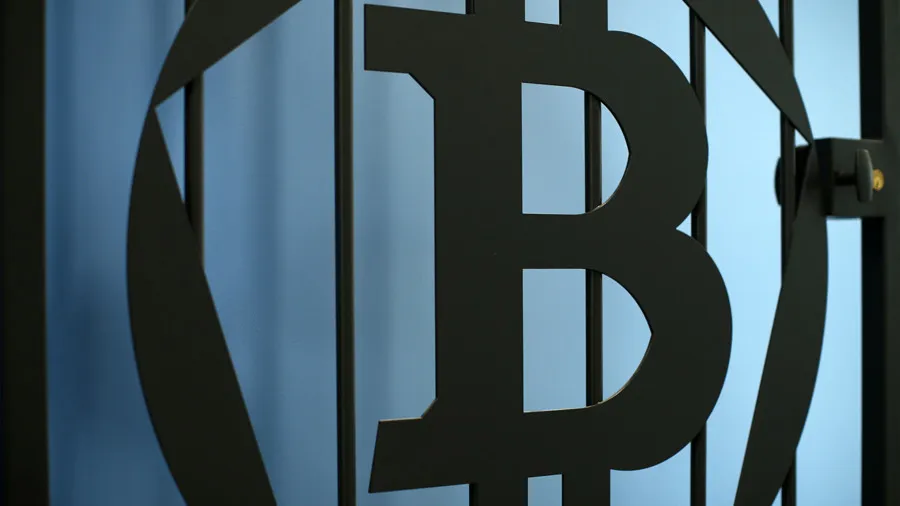
In the not too distant past insider information was considered a part of the commodity market place.
Up until about 2010, the CFTC did not regulate what it is considered to be "insider trades".
As an example, if an oil company could take advantage of first hand knowledge about its production outlook, so be it.
However, if traders intentionally manipulated prices artificially to make money, then the CFTC may make charges of market manipulation.
No issues though if a company recently discovered huge oil reserves unexpectedly and wanted to sell oil futures knowing that the increased supply would likely drive down the price of oil, they had every right to do so.
That is until about 2010.
In 2010 the Dodd-Frank Act changed all that.
At that point, the Eddie Murphy rule was introduced (I kid you not). This rule was loosely based on what happened at the end of the film in Trading Places.
Where the Duke brothers (two old rich guys) had been getting government information early on orange juice prices and then trading off that information.

(Source: https://www.women.com/alex/quiz-how-well-do-you-remember-trading-places)
In the film, Eddie Murphy and Dan Aykroyd were able to steal that report and feed the Duke brothers a false report.
The Duke brothers then bid prices way up and other traders followed suit.
Aykrody and Murphy then bet in the opposite direction after prices were bid way up, knowing that the real news would send prices down.
Sure enough, when the real report was released, prices crashed and everyone lost money, except Murphy and Aykroyd who became rich on the trade.
Why this is interesting to me.
The futures and commodity markets are an entire market of insider trades if you really think about it.
People are not simply buying something they think will go up at some point like stock investing, they are picking a very specific price at a very specific point in time.
People in the oil industry know that more supply is coming online so they buy contracts of lower priced oil in the future, knowing what is likely to happen, and also to hedge their own business.
In a round about way the entire industry is about insider trades.
However, that was all banned in 2010 as part of the Dodd-Frank Act.

(Source: https://www.rt.com/business/413844-bitcoin-cash-trading-investigation/)
This is all very interesting to me as it relates to Bitcoin.
Bitcoin is considered to be a commodity by most at this point.
It certainly is not a security, which means it falls outside the jurisdiction of the SEC, which regulates securities.
Many people have complained about manipulation and insider trading taking place in the bitcoin and cryptocurrency markets.
This is a bit ironic to me when just a few short years ago in the commodity markets, not only was insider trading not illegal, but it was basically common place.
In fact there are many people still today that think insider trading should be allowed across all venues as it helps create more efficient market places.
Though, the rub is how do you allow insider trading, while not allowing market manipulation, they tend to walk almost hand in hand.
Either way, interesting never the less.
Stay informed my friends.
Image Source:
Follow me: @jrcornel